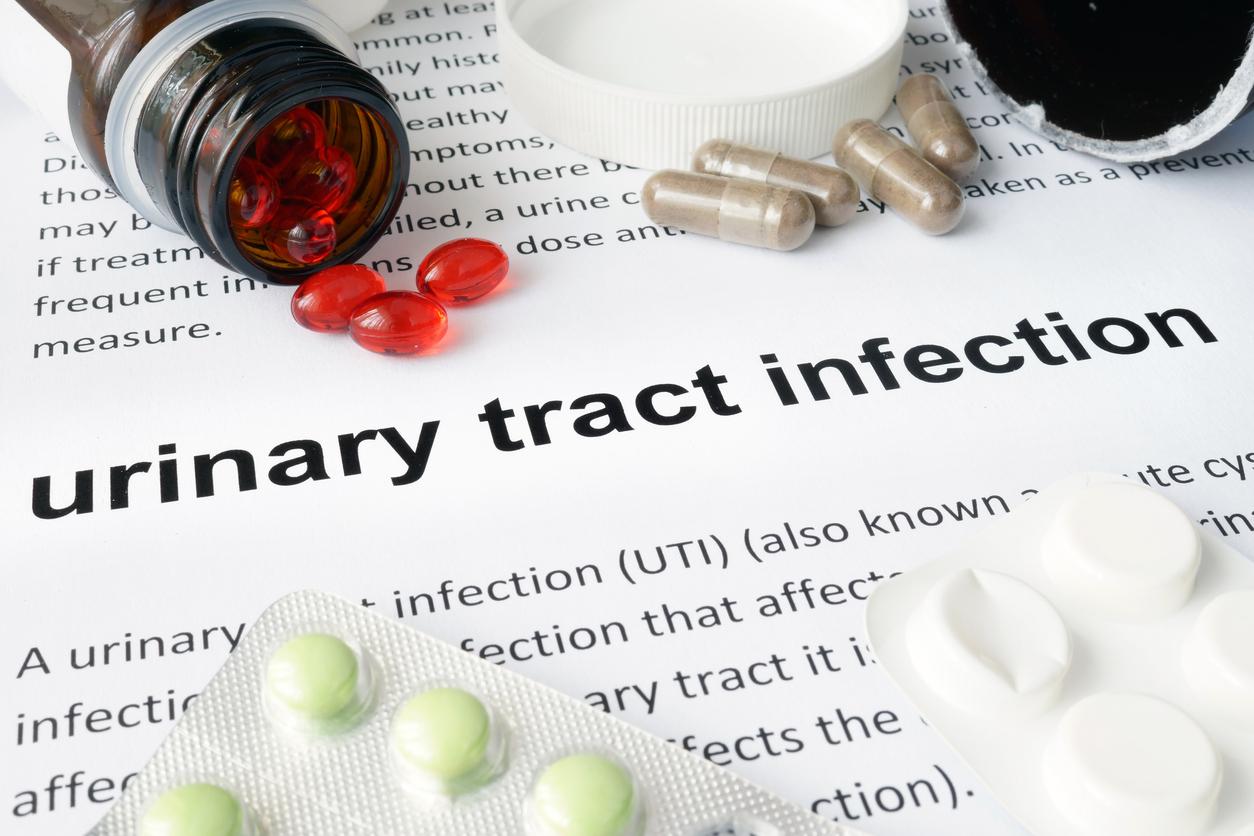Drug makers Spero Therapeutics and GSK announced yesterday that a phase 3 trial evaluating their investigational oral antibiotic for complicated urinary tract infections (cUTIs) was stopped early for efficacy.
The PIVOT-PO trial was stopped after the Independent Data Monitoring Committee (IDMC) ruled that an analysis of data from the trial showed that tebipenem hydrobromide (HBr) met its primary end point in patients with cUTIs, including pyelonephritis. The IDMC did not identify any new safety concerns beyond diarrhea and headache, which were the most common issues reported in previous studies of the drug.
GSK says it plans to submit data from the trial to the Food and Drug Administration (FDA) for approval of tebipenem HBr, which targets cUTIs caused by multidrug-resistant organisms—infections typically treated with intravenous (IV) carbapenem antibiotics. If approved, it would be the first oral carbapenem to receive marketing approval in the United States.
Second phase 3 trial
The news comes 3 years after the FDA declined to approve Spero's initial new drug application (NDA) for tebipenem HBr based on concerns about data from a previous phase 3 trial. Results from that trial showed that 7 to 10 days of tebipenem HBr was noninferior to intravenous ertapenem in cUTI patients.
But FDA officials told Spero that their analysis of the trial's microbiologic intention-to-treat population found the pre-specified noninferiority margin wasn't met, and that there wasn't enough data to support approval. Following that news, Spero said it was stopping all commercialization activities for the drug and would reduce its workforce. The FDA later told the company that positive results from an additional phase 3 trial, supported by nonclinical evidence of efficacy, could be sufficient for approval.
In September 2022, GSK signed a licensing agreement with Spero to develop and commercialize tebipenem HBr in all markets, except Asia countries. That deal provided the financing for Spero to conduct the PIVOT-PO trial, which involved 1,690 patients hospitalized with cUTIs, including pyelonephritis.
In the trial, patients were randomized 1:1 to receive tebipenem HBr or IV imipenem-cilastatin for 7 to 10 days, with a primary efficacy end point of overall response (composite of clinical cure plus microbiologic eradication) at the test-of-cure visit. The IDMC made the recommendation to stop the trial early after completing a pre-specified interim analysis of the data.
GSK Chief Scientific Officer Tony Wood, PhD, said the positive results "reinforce the potential" of tebipenem HBr as an effective oral alternative that cUTI patients could take at home. An estimated 2.9 million cUTI cases are treated annually in the United States.
"Complicated UTIs can have a profound impact on patients and carry a high risk of clinical complications, including sepsis and septic shock," Wood said in a press release. "Currently many need hospital-based intravenous treatment due to limited oral options for drug-resistant infections, contributing to over $6 billion per year in US healthcare costs."
"If approved, we believe tebipenem HBr is well positioned to change the treatment landscape for patients diagnosed with cUTI, including pyelonephritis," said Spero CEO Esther Rajavelu, MBA.
The companies say the full results of the trial will be presented at an upcoming scientific meeting and submitted for publication in a peer-reviewed journal.
If approved, we believe tebipenem HBr is well positioned to change the treatment landscape for patients diagnosed with cUTI, including pyelonephritis.























